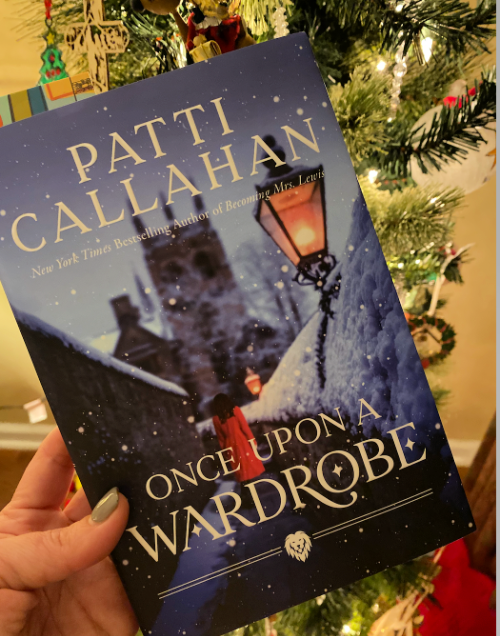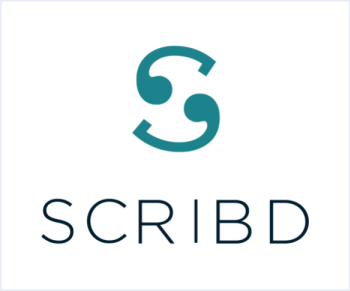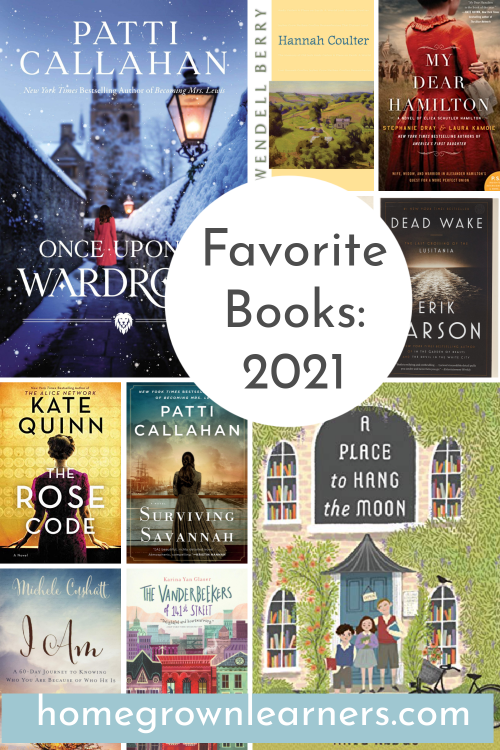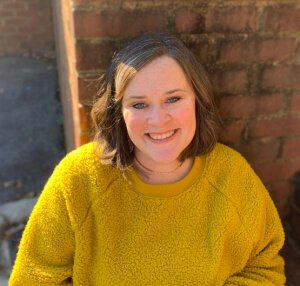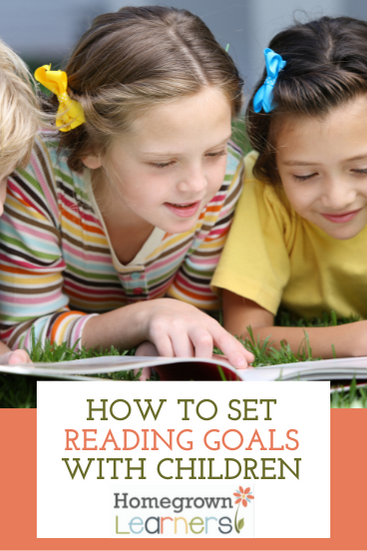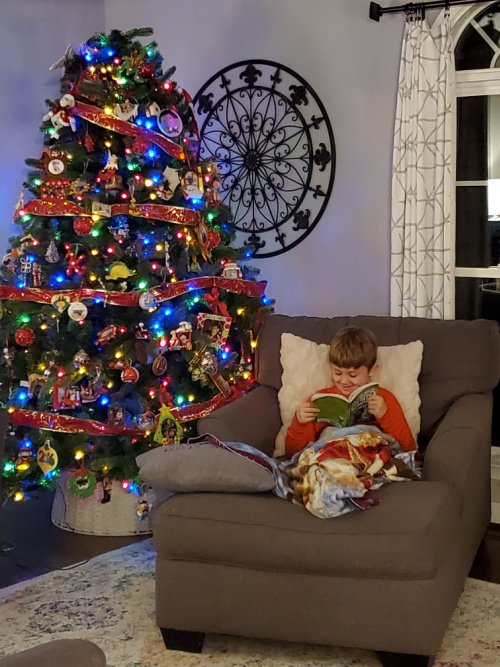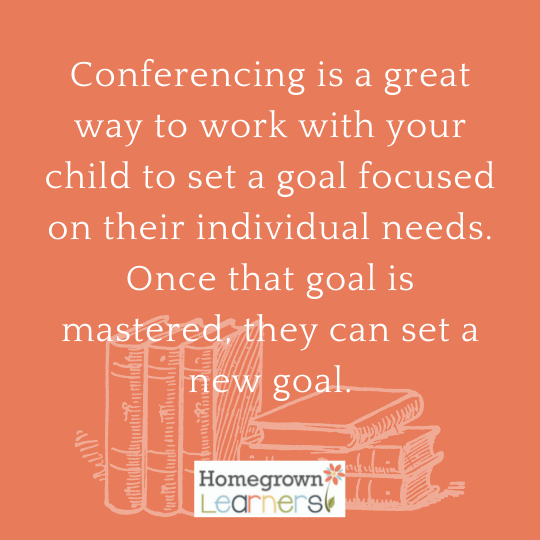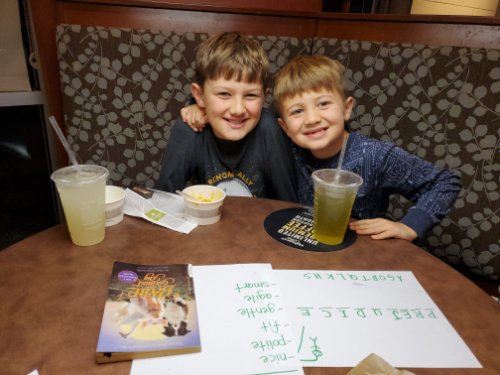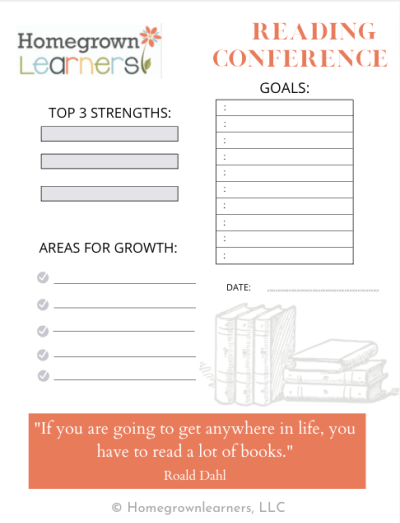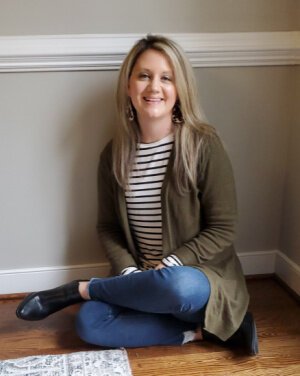You know I am kind of obsessed with reading, right?
One of the contributing writers here at Homegrown Learners, Allison, shares my obsession! And - fun fact - I first met Allison because she was the leader of a local book club I was visiting. Needless to say, Allison and I hit it off. We love being bookish friends, and now that she homeschools her children we’re homeschool friends, too!
Allison and I are always comparing what we are reading and sharing reviews, so naturally, I wanted her to share some of her favorites of 2021 with all of you.
I hope you enjoy Allisons 12 favorite books this year!
(And never fear - I will have my own reading wrap up and revisit my 2021 goals on the blog in a couple of weeks! While Allison and I share similar taste in books, I don’t think we’ve had a ton of overlap this year!)
2021 has been a banner year in my reading life and I wanted to share a few titles that I just couldn’t stop talking and thinking about.
I’ve broken them down into fiction, non-fiction, and middle grades. I hope you will enjoy these as much as I have.
Fiction Favorites
Once Upon a Wardrobe by Patti Callahan
This was my favorite book this year and it had to be placed at the top of my list!
Patti Callahan captured me from the beginning. It was like sitting down with a cup of tea and a cozy blanket and being taken back in time to C.S. Lewis’s home at the Kilns in Oxford, England. Patti Callahan explores what led Lewis to pen his classic novels on the land of Narnia.
Where did Narnia come from? Was it based on his own life? Patti Callahan delves into these questions through the eyes of her main characters Megs and her younger brother George who is dying of a weak heart and longs for the answers to these questions.
What follows is a lovely novel and one I plan to re-read in the future.
Surviving Savannah by Patti Callahan
Another great work by Patti Callahan was this historical fiction novel covering a little before known shipwreck that occurred in 1838.
The Pulaski, nicknamed “the Titanic of the South” was a luxury steamship carrying the elite of Savannah north for the summer. Following a dual timeline, one during the voyage of the ship in 1838 and the other of the team curating a museum exhibit displaying the newly found wreckage 180 years later. Callahan delves into how we navigate tragedy differently and how we are all connected to those who have gone on before us.
Callahan has quickly become my go-to author for historical fiction!
The Rose Code by Kate Quinn
I am a huge Kate Quinn fan and this was my favorite work of hers so far!
She takes the reader back in time to Bletchley Park in London during the height of World War II. Brilliant men and women have been assembled from all over the country and are working around the clock to break German codes, and ultimately defeat the Nazis. Told from multiple points of view, this story of codebreakers, which was top secret until 1974, will enthrall you until the last page. Also of interest is the storyline involving a young Prince Phillip before his marriage to the future Queen Elizabeth II.
Quinn is truly a master of historical fiction.
The Nature of Fragile Things by Susan Meissner
Susan Meissner is another of my favorite authors and I am always anticipating her next novel. This one did not disappoint!
She writes of the 1906 San Francisco earthquake through the eyes of three different women who lived through this tragedy. The story begins with a young Irish immigrant, Sophie, who answers an ad to be a mail-order bride to escape the tenement she is living in as she hopes for a better life. As she gets to know the mysterious man she has married, events are set in motion that culminate at the same time as the city is ravaged by a terrible earthquake.
What ensues is a historical mystery that will keep you hanging on to the last word.
My Dear Hamilton by Stephanie Dray and Laura Kamoie
With the success of the Broadway musical Hamilton, there has been no shortage of books on the life of this famous founding father.
This book chronicles the life of Eliza Schuyler Hamilton, following her life from her childhood in a well-to-do family in New York City through her courtship and marriage with Alexander and the years after his death. The novel is meticulously researched, well-executed and engaging. Eliza truly is a woman who was involved in the very founding of our nation, but whose story is little known.
Living fifty years after her husband's death she makes it her life's work to tell her husband's story and to support the new country she has helped found. My Dear Hamilton will become a favorite for anyone interested in the American Revolution and the founding of our nation.
The Four Winds by Kristin Hannah
Another notable name in historical fiction is Kristin Hannah and her latest work covers the Dust Bowl of the 1930’s.
This heartbreaking story tells of the men and women migrating to California in search of a better life during 1934. There is not much hope for these individuals, however, the resilience they display will inspire courage in anyone reading of their plight.
Following the journey of Elsa Martinelli and her children, Hannah weaves a narrative of a woman willing to sacrifice it all for the hope of a better life for her children. Kristin Hannah tugs at the heartstrings again in this latest novel.
Hannah Coulter by Wendell Berry
My last pick for fiction is a little different than the rest. This is the first book by Wendell Berry I have read, but it will definitely not be the last.
Berry writes of his home state of Kentucky and the men and women living in the fictional town of Port William. This particular novel is told from the perspective of Hannah Coulter, the elderly narrator as she recalls her life, the land, and her connection to the people of Port William.
The way Berry writes is so beautiful and descriptive that the reader is immediately immersed in Hannah’s world. I marked so many passages in this novel that resonated with me and loved slowly lingering over the words he shares.
For a thoughtful, contemplative read pick up this one and you will not be disappointed.
Non-Fiction Favorites
Dead Wake by Erik Larson
I’ve had Larson’s books on my shelf for years intending to read them and finally picked this one up - it was one of the best decisions I made.
Dead Wake tells the doomed tale of the Lusitania, a ship sunk by a German U-Boat in 1915 at the height of World War I. Researched in great detail and written in more of a story-like manner, Larson details the ill-fated trip of the luxury liner, the path of the infamous U-Boat, and the details of British intelligence secretly tracking all of these movements but telling no one.
What ensues is a “truth is stranger than fiction” story that will enthrall anyone interested in military history.
I Am: A 60-Day Journey to Knowing Who You Are Because of Who He Is by Michelle Cushatt
Do you ever read something and wonder how the author was able to put your exact thoughts into words so eloquently?
Well, that is exactly what happened with this devotional. I literally marked lines on almost every page and savored it over several months. This book is set up as a devotional to be read daily, but it took me much longer than 60 days as I spaced it out not wanting it to be over.
Cushatt has lived through cancer multiple times and while I haven’t had this experience, her words on grief, trauma, and self-doubt definitely rang true for me. I quickly picked up all of her other works and devoured them all.
She was a fresh new voice of frankness and encouragement for me this year and I was so grateful to find her.
The Core: Teaching Your Child the Foundations of Classical Education by Leigh Bortins
As newbies to the world of homeschooling and Classical Conversations, I’ve taken some time this year to read more about classical education and its benefits for my children.
This book was one of the best I’ve read and really introduced me to what classical education is, why it matters and how to implement it in my home. It gave me confidence and made me believe I was capable of successfully educating my children at home in a classical way. I look forward to reading her next two books for older children in the coming year.
Middle Grades Favorites
A Place to Hang the Moon by Kate Albus
This lovely novel follows three siblings who are evacuated from London during World War II and sent to live in the countryside of England.
While that’s a common storyline of many books, this one differs in that the children are orphans and their legal guardian has also died. They are hoping to find a “forever family” and what follows is an absolutely beautiful story of what family really means.
They meet some very horrible people, but also some very loving individuals during their time in the country - this heartwarming tale is so full of hope and redemption. This one would make a truly delightful read during the Christmas holidays.
My children who are 11 and 6 also loved it, as did my own mother. It’s perfect for all ages!
The Vanderbeeker’s of 141st Street by Karina Yan Glaser
The first in a series, this book follows the five Vanderbeeker children living in a brownstone in Harlem as they seek to save the home they are soon to be evicted from. Their crotchety building owner and neighbor, who hasn’t left his home in 6 years, is unwilling to renew their lease. The children set about to change his mind and what happens will delight readers!
This book also speaks to loving those who sometimes seem unlovable and not jumping to conclusions. We really never know what someone else is going through. Fall in love with the Vanderbeekrs and then pick up the rest of the series!
Thanks for letting me share and I would love to hear your favorites from the year so I can add them to my To Be Read list in 2022!
Many of these books can be found on Scribd - it’s a wonderful (and cost-effective) way to have digital and audiobooks at your fingertips - plus they offer so much more, too!
You can read free for 60 days by using this link.
This is post is from Homegrown Learners contributor, Allison. She is a wife and mother with a passion for reading. With a background in Early Childhood Education as well as experience working in Corporate America, the events of the past year exposed her to the rewards of teaching her own children at home.
She hopes to encourage anyone who has ever been anxious about taking this leap with her own personal successes and failures of her family's first year of homeschooling.


